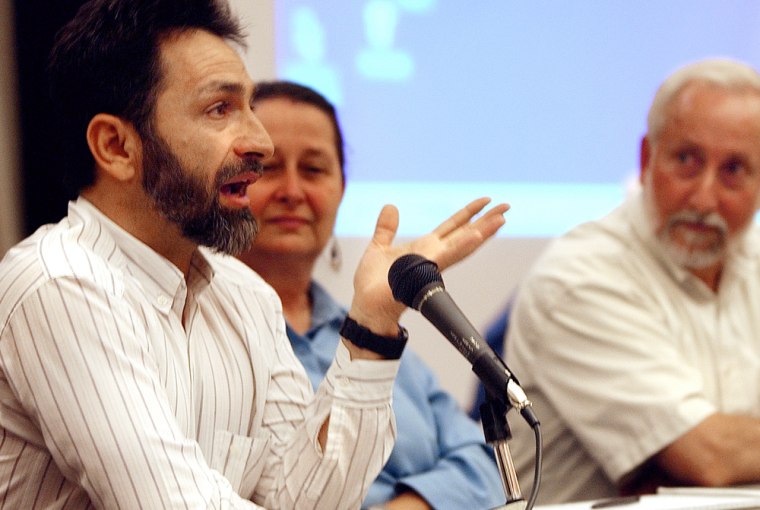A federal judge has ordered that an Iranian-American co-founder of a defunct Islamic charity who is facing conspiracy and tax fraud charges be held until a hearing next week.
Pirouz Sedaghaty, also known as Pete Seda, was to have been freed Friday after a federal magistrate judge ruled he was not a public danger or a flight risk.
But federal prosecutors appealed to U.S. District Judge Michael Hogan, the Eugene Register-Guard reported Tuesday. Hogan cited concerns about concealed assets and passports that could allow Sedaghaty to flee.
Sedaghaty, 49, returned to the United States last month to face charges related to the operations of the U.S. chapter of the Al-Haramain Islamic Foundation, which he co-founded in Ashland in 1997.
The U.S. government and the United Nations have declared the foundation a terrorist organization. The government of Saudi Arabia, where the foundation is based, disbanded the group in 2004.
Sedaghaty left the country in 2003 during an investigation that resulted in a federal grand jury indictment in February 2005 accusing him of helping to smuggle $150,000 out of the country to aid Muslim fighters in Chechnya. He has pleaded not guilty.
Sedaghaty's lawyer, Larry Matasar of Portland, said his client has cooperated with federal officials and promised to provide additional information for Hogan's review.
At an earlier bail hearing, U.S. Magistrate Judge Thomas M. Coffin told prosecutors that he was not inclined to consider Sedaghaty a flight risk because he had returned to the United States voluntarily, despite having passports from Iran and the United States with different dates of birth and varied spellings of his name, which could make it easier to travel without an arrest.
"He is not charged with acts of violence," Coffin said. "I don't know why he would come back here to be arrested and face these charges only to leave again. It just doesn't make sense to me."
